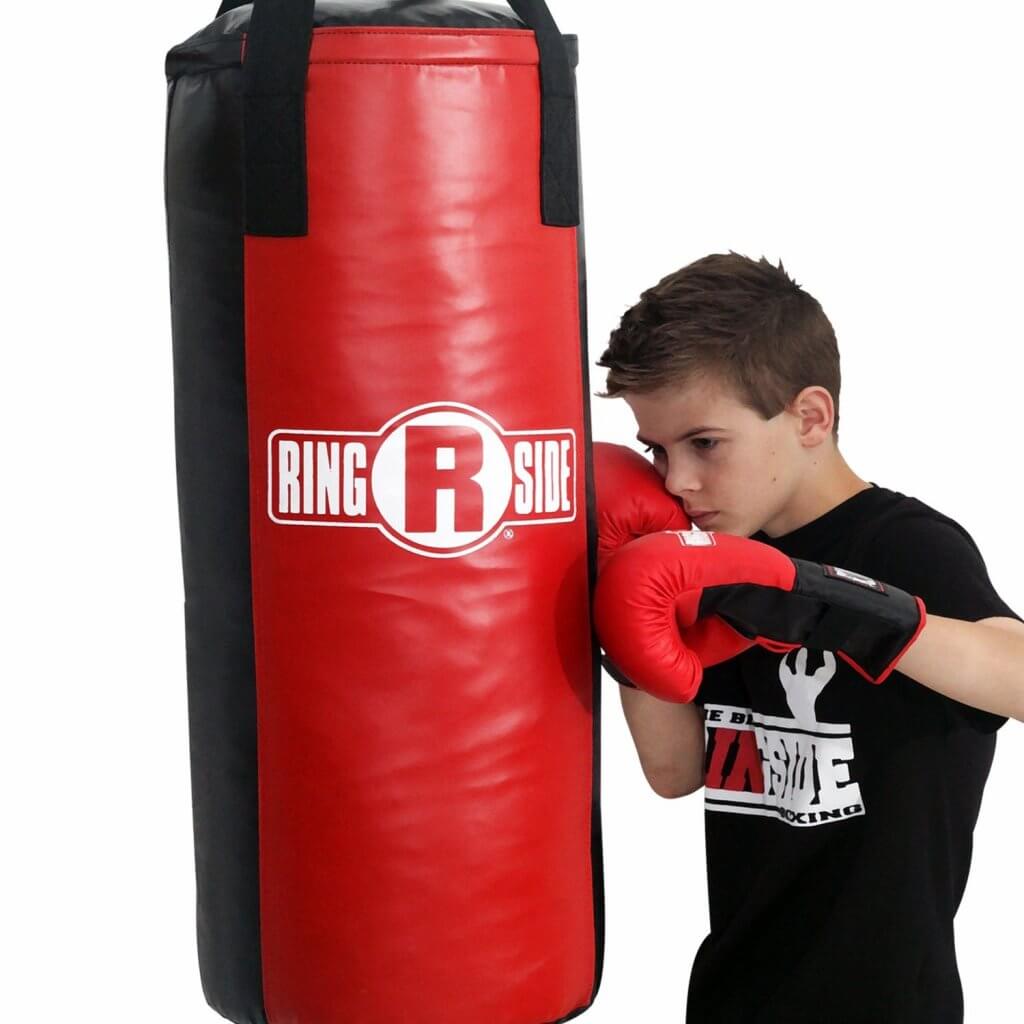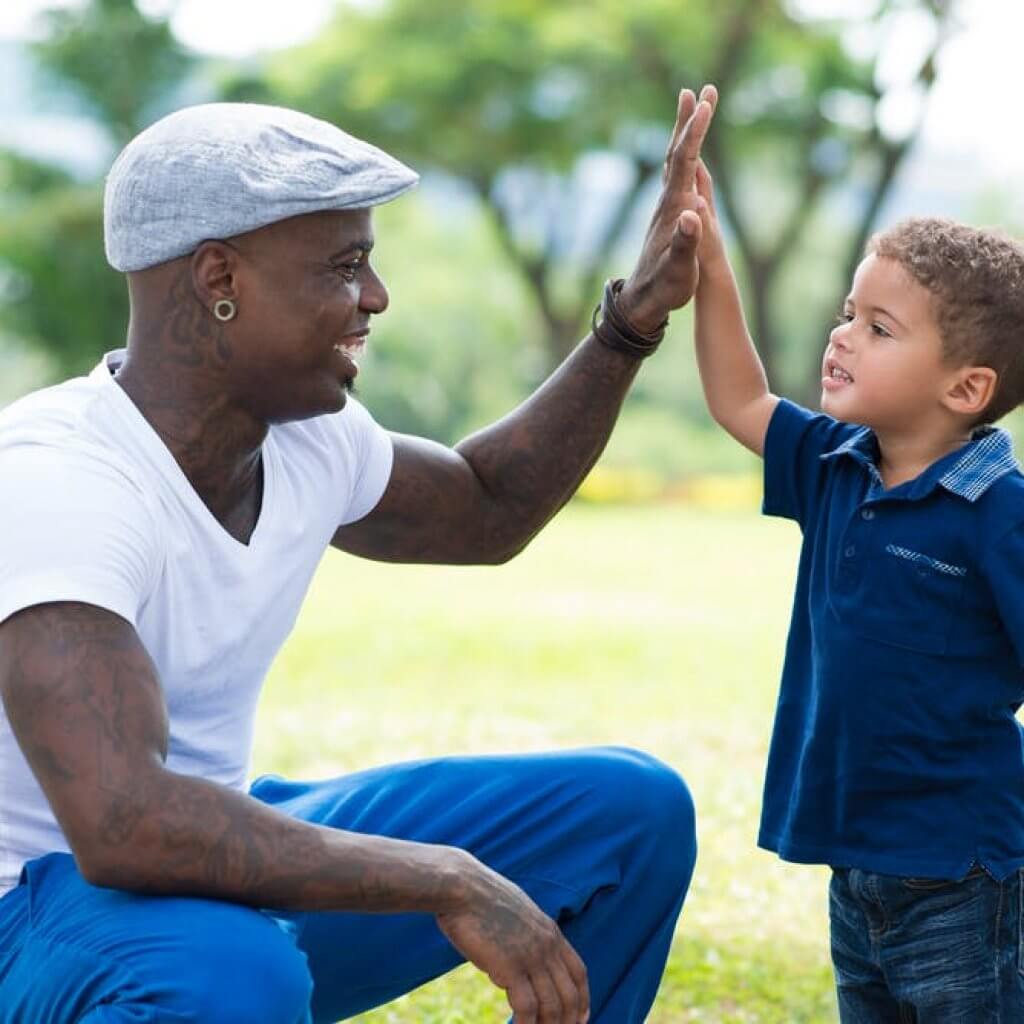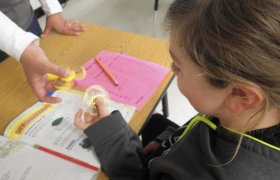3 Things to Keep in Mind When Disciplining Your Child

Being blessed with a child is the one creation that everyone hopes they actually get right, if nothing else. Children are a blessing from the moment they come into the world to the moment they move out of the house, and then beyond.
Helping your child grow into a well-rounded, positive adult starts with what they learn at home and that includes the type of discipline they receive as children. To say a child doesn’t have bad days would certainly be a lie, they are human and all human beings have bad days. The trick to these bad days is knowing the differences between discipline which is good as opposed to discipline which is not good.
All of the child abuse news that is heard in the media and the laws about not being able to spank a misbehaving child, can make any parent nervous and afraid to use discipline for fear of going to jail or being looked upon as a bad parent by society.
The truth of the matter is simple, there are ways to discipline at home that will not be looked upon as child abuse or neglect, the three ways listed below are just some of the more positive ways to achieve the results parents want without the worry of legal issues or more.
Talking instead of yelling

The difference in the tone of your voice when talking as opposed to yelling or screaming can be a beneficial factor when disciplining your child. Perhaps they are jumping on the couch, although they know it is against the rules. The first reaction of many parents is to yell and tell them to get down before they hurt themselves. Instead of yelling or raising your voice, ask them to please stop jumping before they get hurt.
Naturally, not all children are going to obey the first time, it’s in their nature. Should they decide not to stop jumping on the couch, talk to them. Tell them why you would like them to stop jumping on the couch by explaining that they could really hurt themselves and that it hurts your feelings as their Mom or Dad that they choose not to listen to you.
Help them to understand the effects it could have on the family should they hurt themselves while misbehaving and that you are trying to help them, not hinder them. Be sure to speak to them, not yell at them when explaining, they really do take better to a normal tone of voice when being spoken to. Don’t you?
When you are disciplining your child for other aggressive behaviors, no matter the type, be sure to explain how dangerous a situation could turn out to be should they keep doing whatever it is they are doing. The urge to protect our offspring in every possible situation can be overwhelming, but do not play down what their aggressive behavior could lead to, be sure to be straight with them and do not lie about the circumstances that could occur. While they may seem that they are not listening, especially a hormonal teenager, they will hear every word that you are saying and every warning that you are giving them.
Redirect outbursts of anger or too much energy

If there were a way to bottle up the energy of children, individuals would live much healthier and happier lives. Unfortunately, this is not the case and much of the energy that children have can manifest itself into outbursts of crying, temper tantrums, stomping around, yelling, and more. Most parents have seen this at some point with their child or another person’s child, and the manifestation always seems to occur when the public eye can see everything.
When the inevitable occurs, there is one course of action that can prove quite useful, having your child redirect the anger or energy in a positive way as opposed to a negative way. The urge to grab them up and take them home to avoid a more embarrassing situation is in every parent, but instead, redirecting it can be more useful. For example, if you are shopping at a grocery store or department store and the outburst occurs, turn it into a game of sorts.
Perhaps you could warn them to be careful because a fictional character such as Santa is watching them and they will be put on the naughty list this year until they behave and show that they deserve to be on the nice list by maybe helping you pick out some groceries that are needed at home. At this point they will feel useful and want to please you by getting back on the nice list. Obviously, this example only works with younger children, but use it to your advantage when you can.
By nature, children want to be helpful, so if your child is above the age that Santa will not phase them, step up the game a little bit. Kids want to learn a much as they can, and using their outbursts as learning experiences can also be beneficial. Maybe let them know if they stop their bad behavior and help you pick out certain groceries they can learn how to cook a favorite dish of theirs.
You can also offer to make whatever they want for dinner that night, no matter how strange of a recipe it is, if they make you a deal to stop misbehaving.
Is that considered bribery? Maybe, but it can be a win-win situation anyway. All you need is a little creativity to help quell some bad behavior they may be exhibiting, the perks speak for themselves.
Pay more attention to the good behavior

Parents have heard the same reasoning for several years, that a child acts out because they are craving your attention or the attention of others. While it can be true, children are different and this reasoning doesn’t necessarily apply to everyone’s situation. It is true that suddenly a child may start crying, screaming, stomping, or another type of bad behavior, knowing how to handle it can save face for future occurrences.
Should your child start exhibiting some of the behavior mentioned, it is best not to run over to them and begin comforting them immediately. Your best form of discipline here is to ignore the bad behavior, and focus on the good behavior. Even though you may find it hard to walk away from your child that is acting out, it is something that has to be done.
After a few of these episodes, they will figure out that you are going to ignore them until they change their behavior and being ignored is not what they are striving for. Once they stop the bad behavior and show a more positive behavior, be sure to award them with the attention they are seeking let them know that their good behavior will be noticed much more than their bad behavior.
Knowing how to discipline your child positively can be a learning experience for both you and them. Work together with your child to solve the particular incident that has happened, and you will find that they will steer clear of that kind of trouble and other misbehavior as much as they can. Be sure that they understand that for every action there is a reaction, and it’s up to you both to decide on a good reaction or a bad.







